White Planet, our South Pole (2013)
Planeta Blanc is a documentary about the first-ever disabled expedition to conquer the South Pole ,Following the last steps of Ernest Shackleton. A history about the capacity of the handicapped.
Planeta Blanc is a documentary about the first-ever disabled expedition to conquer the South Pole ,Following the last steps of Ernest Shackleton. A history about the capacity of the handicapped.
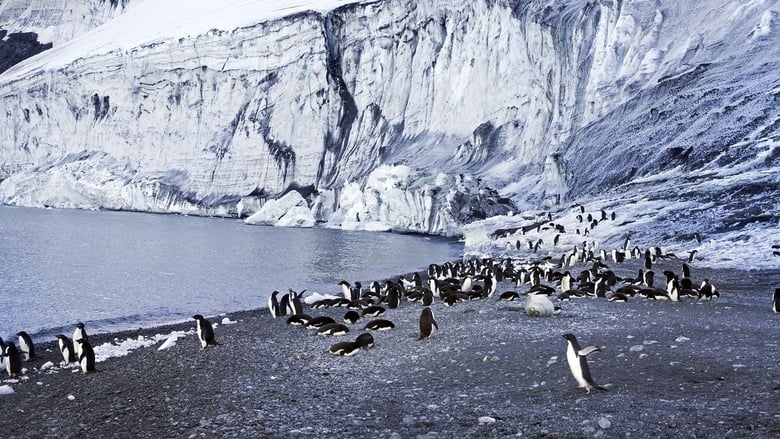
The bleakness of Antarctica is a fallacy. The ice continent is full of life and offers a biodiversity of which only about two percent are known. Much of it is under water and could determine the future of human beings. When the northern lights cover the ice landscape in summer, the animals in the Antarctic are in a paradisiacal state. Whales blow their fountains in the sky, penguins fly like small rockets into the water, seals dive for crabs under the glittering ice floes. From the bay of the Ross Sea to the ice shelf, from the huge penguin colonies to steaming volcanoes, a life in rhythm with the ice. But the consequences of climate change are slowly becoming apparent here too. While some species are dying, others are spreading. They could bring new viruses and bacteria with them, and new dangers for humans too. The structure of nature has gotten off course. How many generations will still be able to experience the magic of Antarctica?
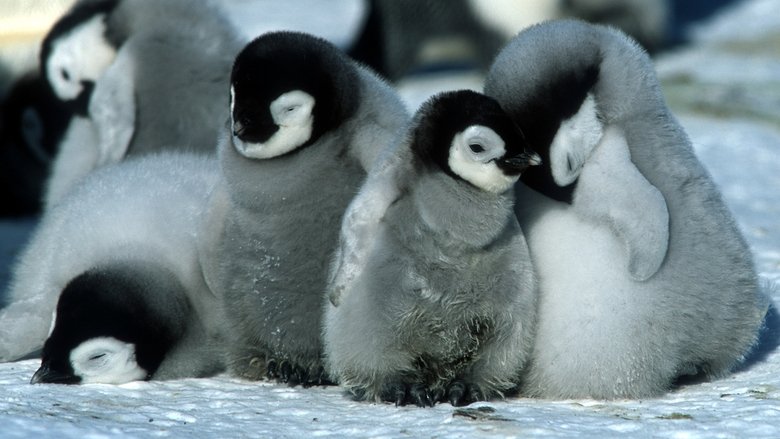
Every year, thousands of Antarctica's emperor penguins make an astonishing journey to breed their young. They walk, marching day and night in single file 70 miles into the darkest, driest and coldest continent on Earth. This amazing, true-life tale is touched with humour and alive with thrills. Breathtaking photography captures the transcendent beauty and staggering drama of devoted parent penguins who, in the fierce polar winter, take turns guarding their egg and trekking to the ocean in search of food. Predators hunt them, storms lash them. But the safety of their adorable chicks makes it all worthwhile. So follow the leader... to adventure!!
A self-absorbed young biologist takes on a six-month research post in Antarctica to study a penguin colony. Alone in Shackleton’s abandoned hut, with only radio contact and letters to his distant girlfriend, he endures the harsh winter and gradually forms a bond with the penguins—discovering resilience, humility, and a new sense of purpose.
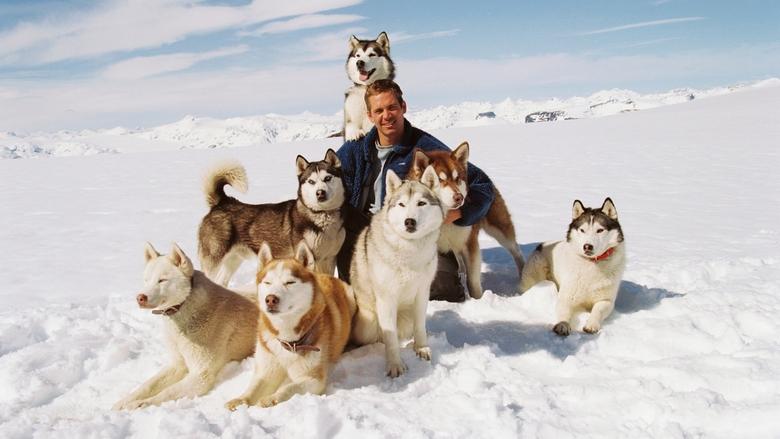
In the Antarctic, after an expedition with Dr. Davis McClaren, the sled dog trainer Jerry Shepherd has to leave the polar base with his colleagues due to the proximity of a heavy snow storm. He ties his dogs to be rescued after, but the mission is called-off and the dogs are left alone at their own fortune. For six months, Jerry tries to find a sponsor for a rescue mission.
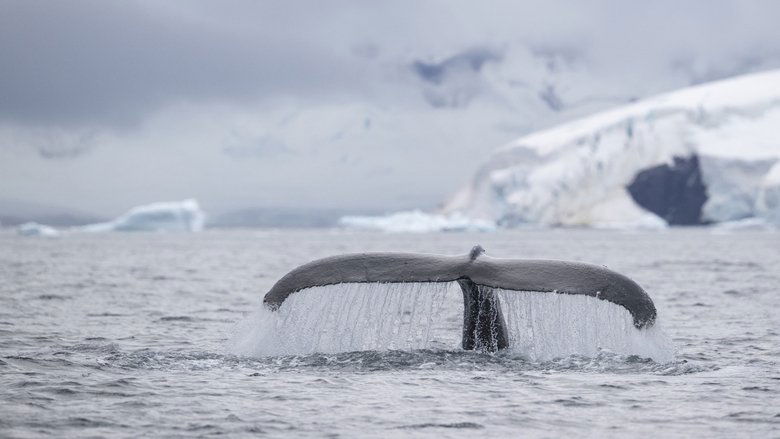
Beautifully filmed by New Zealand nature photographer Richard Sidey over the past decade around the polar regions, Speechless: The Polar Realm is a visual meditation of light, life, loss and wonder at the ends of the globe. This is the second film in Sidey’s non-verbal trilogy which is comprised of: - Landscapes at the World’s Ends (2010) - Speechless: The Polar Realm (2015) - Elementa (2020)
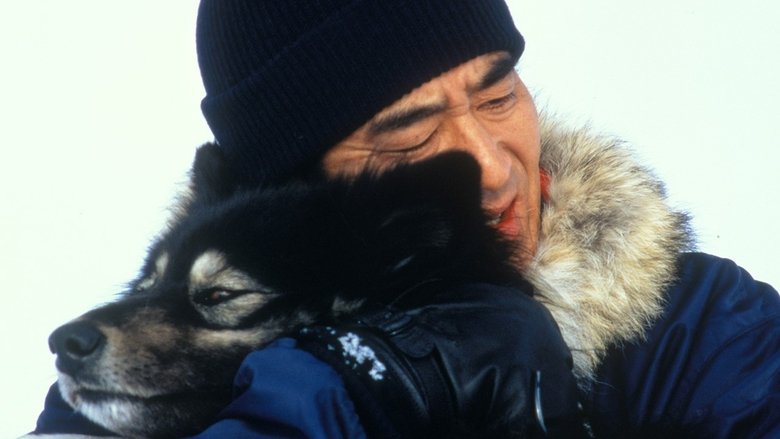
Two Japanese scientists, Ushioda and Ochi, develop a bond with their sled dogs while on an expedition in Antarctica.
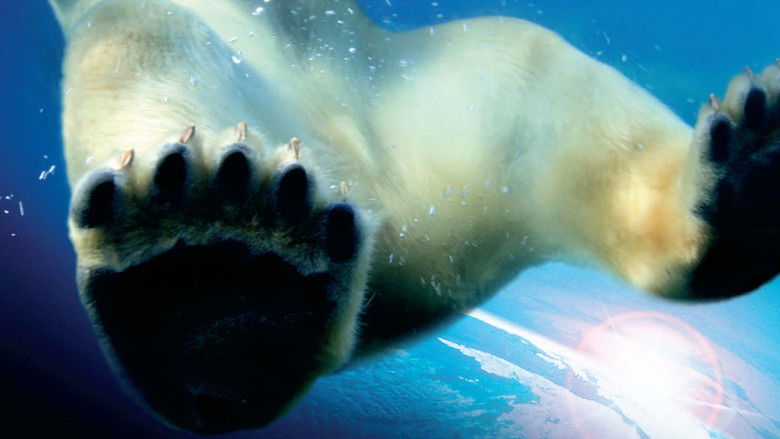
An epic story of adventure, starring some of the most magnificent and courageous creatures alive, awaits you in EARTH. Disneynature brings you a remarkable story of three animal families on a journey across our planet – polar bears, elephants and humpback whales.
A documentary about New Zealanders in Antarctica: researching International Geophysical Year, and supporting the Trans-Antarctic Expedition by laying supply depots for Vivian Fuchs’ overland crossing.
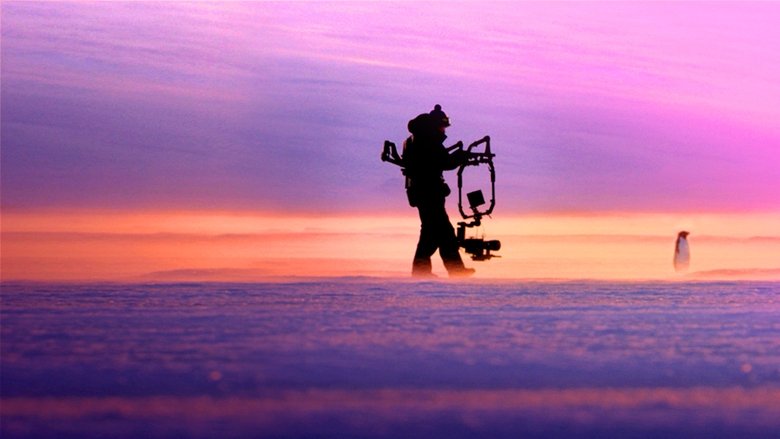
A witty and tenacious team of filmmakers brave the Antarctic to film Disneynature's "Penguins."
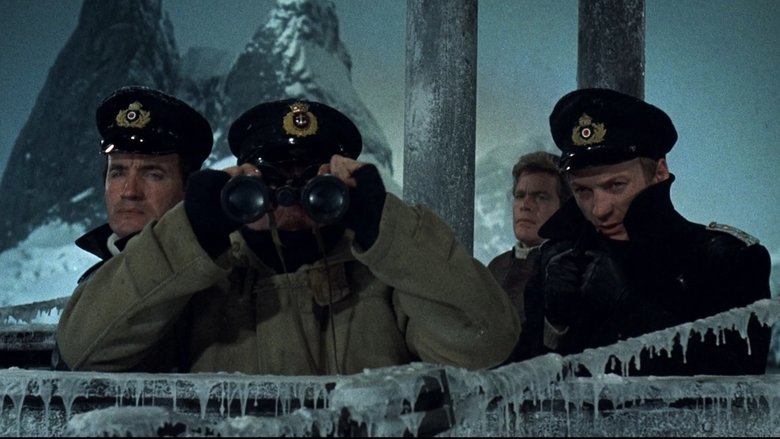
During World War I, a German U-boat sinks a British passenger ship and takes the survivors aboard. After getting lost in fog, the submarine surfaces near the unknown island of Caprona, a lost world where they find dinosaurs and Neanderthals.
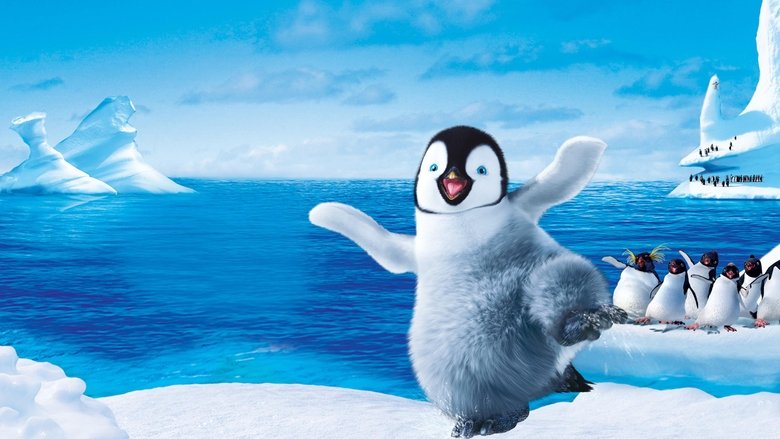
Into the world of the Emperor Penguins, who find their soul mates through song, a penguin is born who cannot sing. But he can tap dance something fierce!
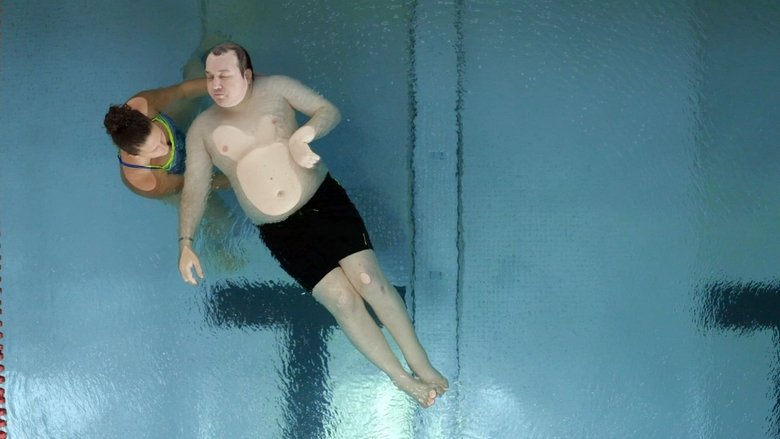
Aging parents of disabled adults, they worry about their child's life after their disappearance. A moving insight into the daily life of a family home in the Vendée region, which offers them the prospect of a peaceful future.
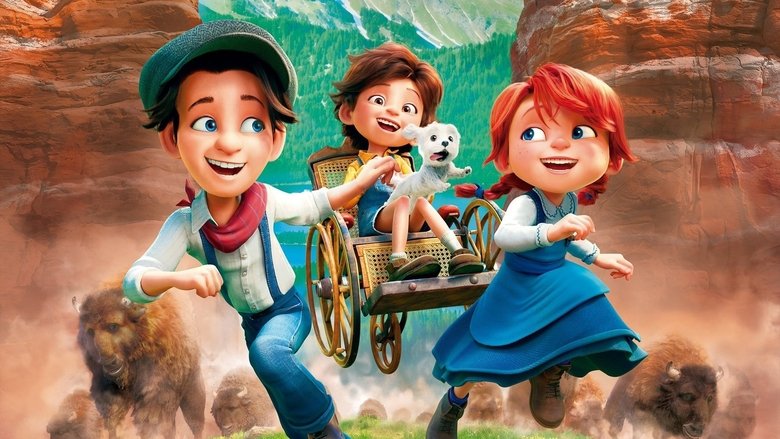
Mary and Tom are parentless Irish siblings who arrive in New York City via ocean liner in 1886 and quickly find themselves on a wild, cross-country journey aboard a transcontinental "Orphan Train" where they meet an extraordinary new friend who will change their lives forever.
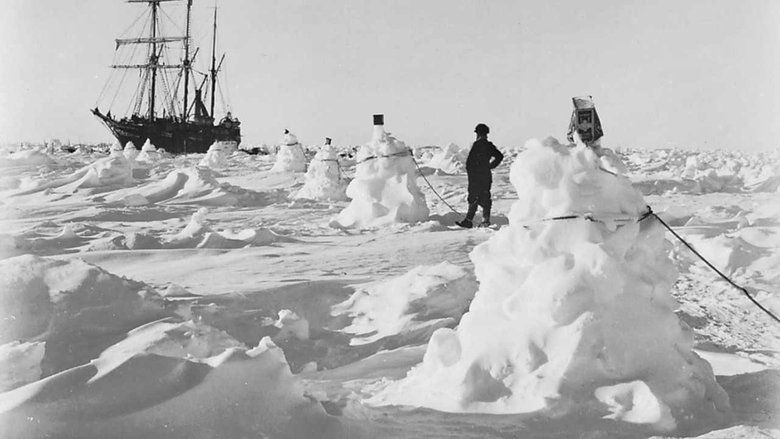
Documentary on the Shackleton Antartic expedition. A retelling of Sir Ernest Shackleton's ill-fated expedition to Antarctica in and the crew of his vessel 'The Endurance', which was trapped in the ice floes and frigid open ocean of the Antarctic in 1914. Shackleton decided, with many of his crew injured and weak from exposure and starvation, to take a team of his fittest men and attempt to find help. Setting out in appalling conditions with hopelessly inadequate equipment, they endured all weather and terrain and finally reached safety. Persuading a local team of his confidence that the abandoned team would still be alive, he set out again to find them. After almost 2 years trapped on the ice, all members of the crew were finally rescued.
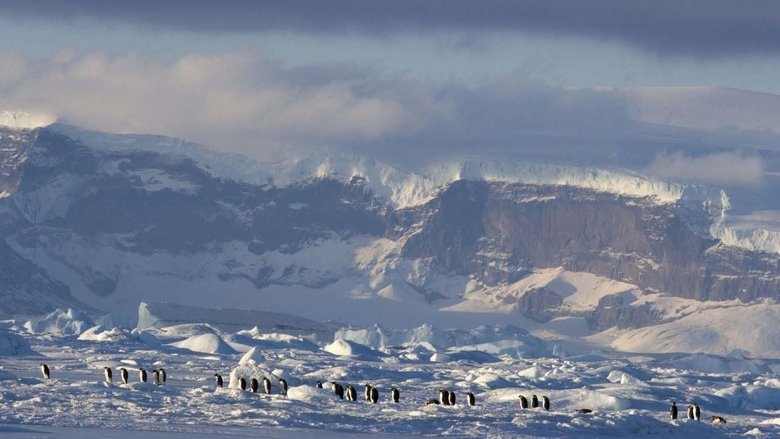
A young penguin, driven by his instinct, embarks on his first major trip to an unknown destination.
Follows Cousteau on a trip to Antarctica with 6 children, each chosen to represent one of the other continents in order to raise awareness about the global significance of Antarctica, the continent most crucial to world climate regulation.
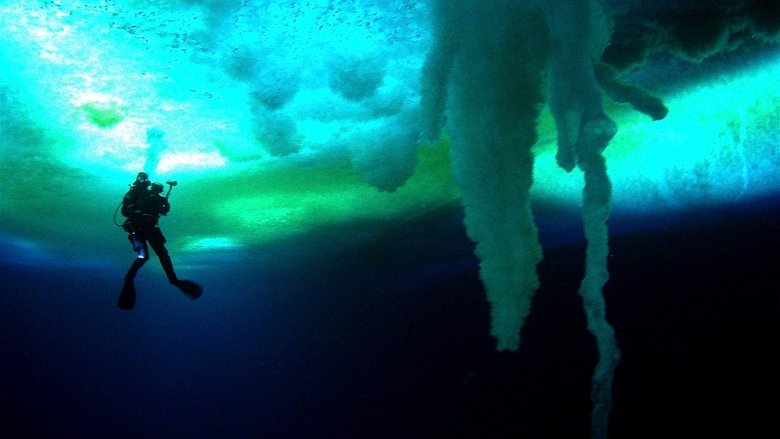
Herzog and cinematographer Peter Zeitlinger go to Antarctica to meet people who live and work there, and to capture footage of the continent's unique locations. Herzog's voiceover narration explains that his film will not be a typical Antarctica film about "fluffy penguins", but will explore the dreams of the people and the landscape.

To big brother Dai, nothing is more satisfying than dining with his two younger half-siblings. But when his old flame shows up as his brother's girlfriend, kitchen nightmare strikes and it's up to his part-time girlfriend to simmer down the situation.
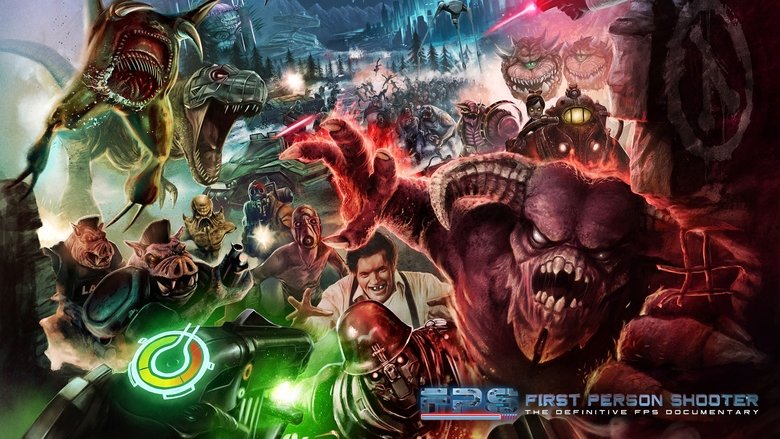
This documentary takes a game-by-game deep dive into the history and evolution of a genre that has grown from the simple wireframe graphics of Maze War and Spasim to become a staple of popular culture that is enjoyed by millions of gamers worldwide. Explore the creation and legacy of the most popular and significant FPS titles from the last 48 years, including favorites such as Wolfenstein 3D, Doom, Quake, GoldenEye, Half-Life, Unreal Tournament, Deus Ex, Halo… and many more.
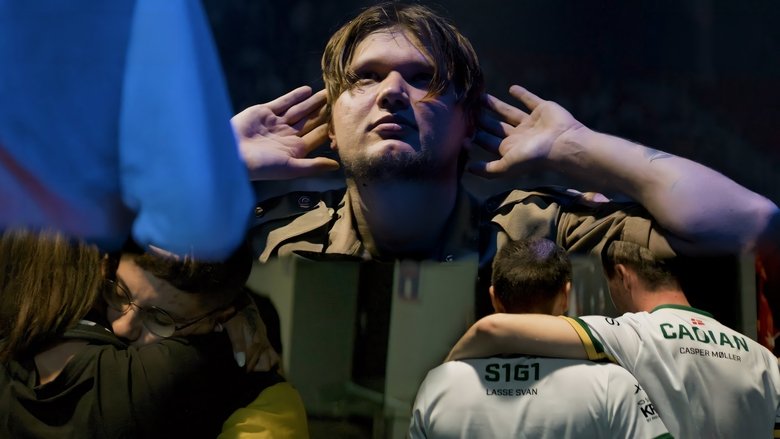
Go behind the scenes of the intense world of professional Counter-Strike: Global Offensive (CS:GO). Follow the personal stories of legendary players Oleksandr “s1mple” Kostyliev, Kaike “KSCERATO” Cerato, and Casper “cadiaN” Møller as they navigate the highs and lows of the Intel® Extreme Masters (IEM) Major Championship in Rio de Janeiro. Narrated by the dynamic CS:GO caster Alex “MACHINE” Richardson, “Game and Glory” immerses you in the high-stakes drama and nail-biting tension of one of the largest esports events ever, with a staggering prize pool of $1,250,000. Experience the unmatched energy of a crowd like no other, and the electrifying atmosphere that made the IEM Rio Major an unforgettable chapter in esports history. Whether you’re a seasoned fan or new to the scene, this documentary promises to captivate and inspire, showcasing the relentless pursuit of glory in the world of professional gaming.